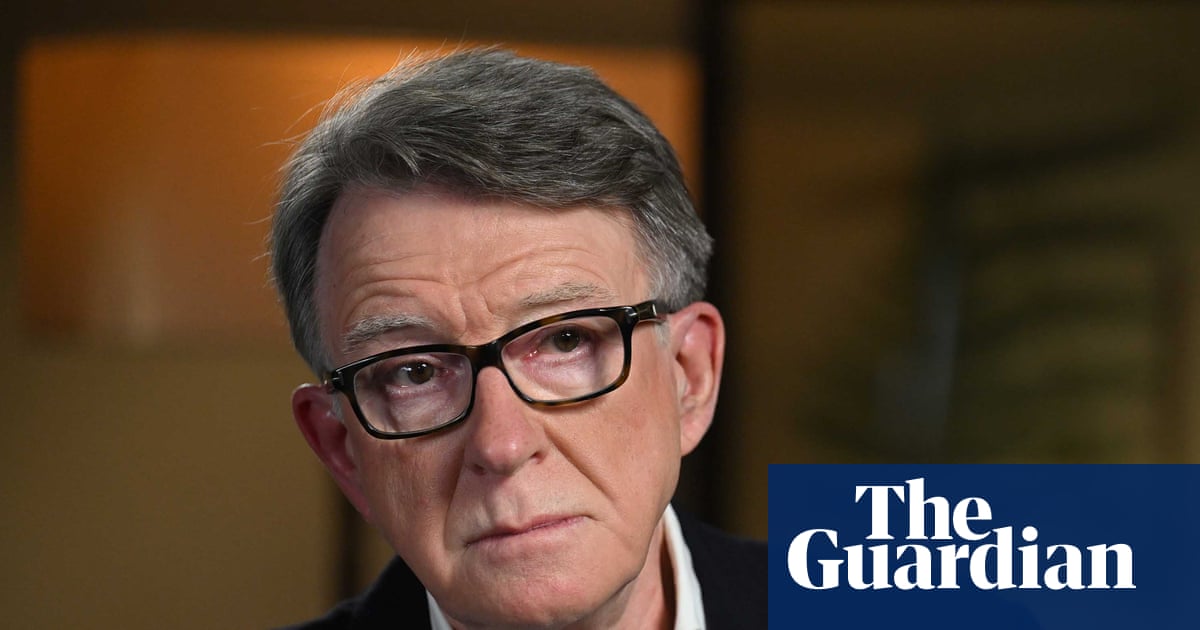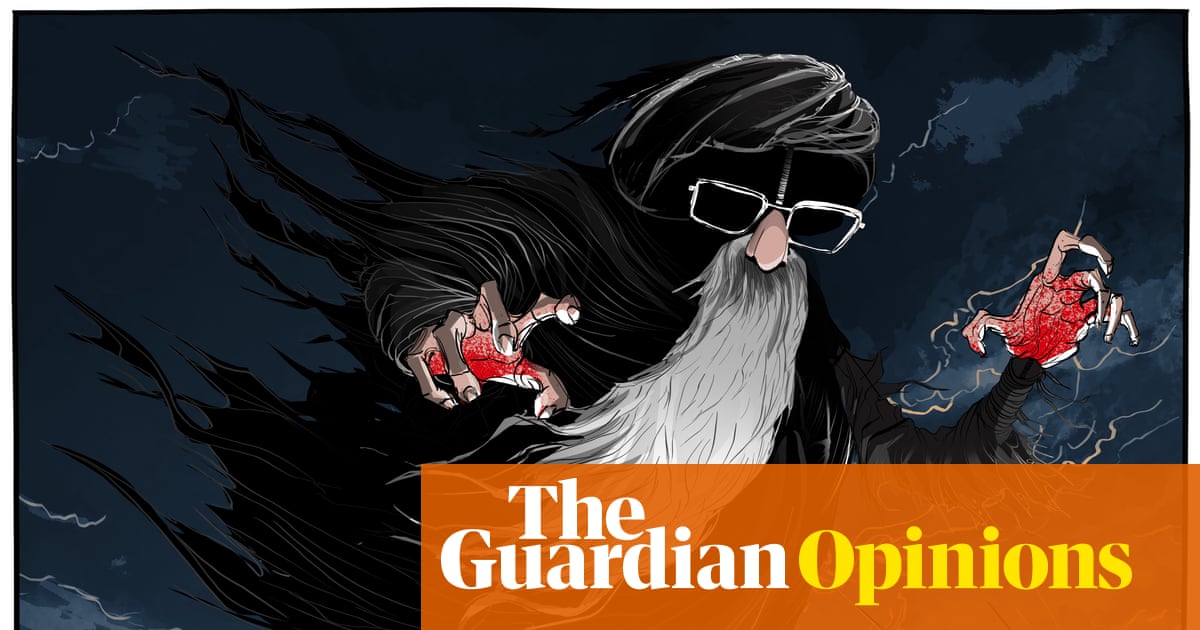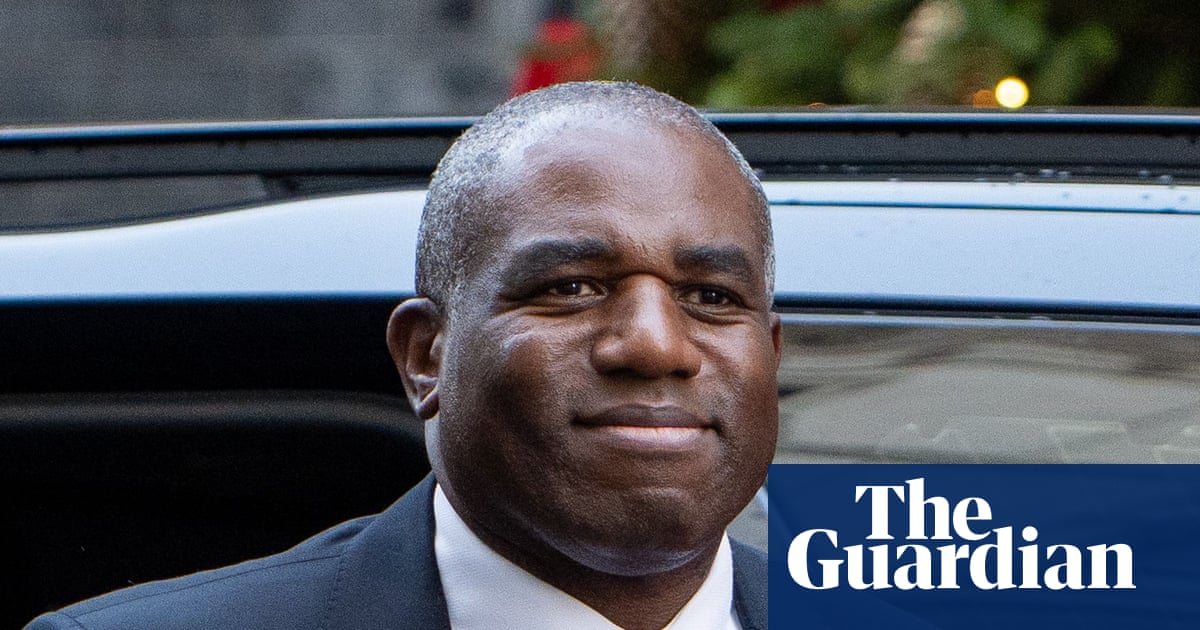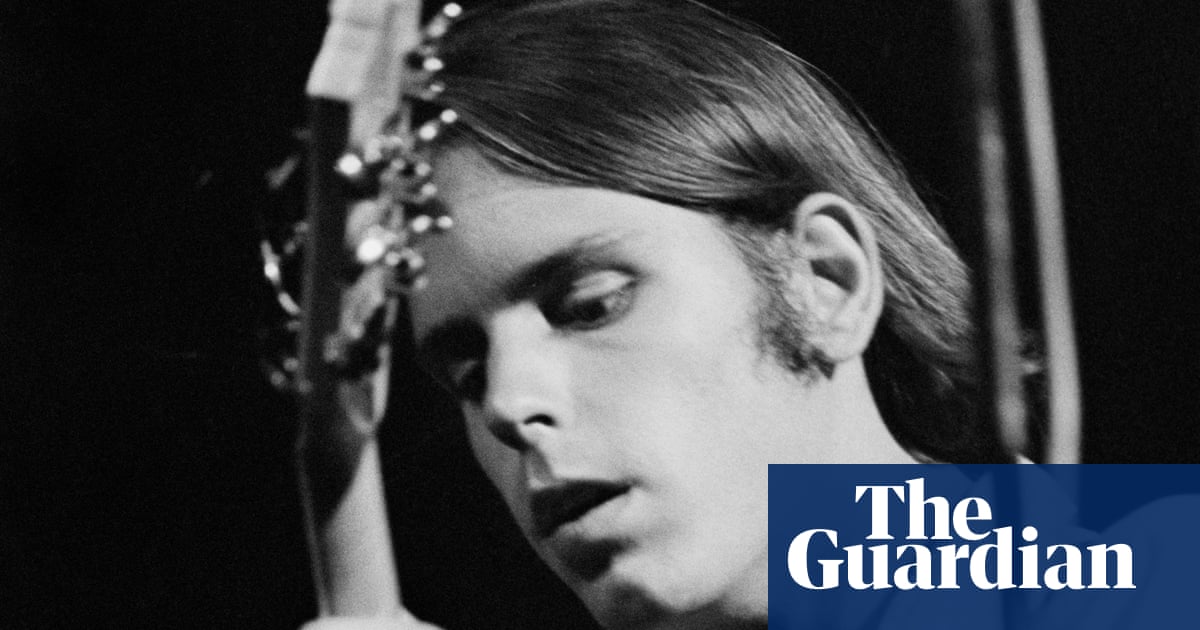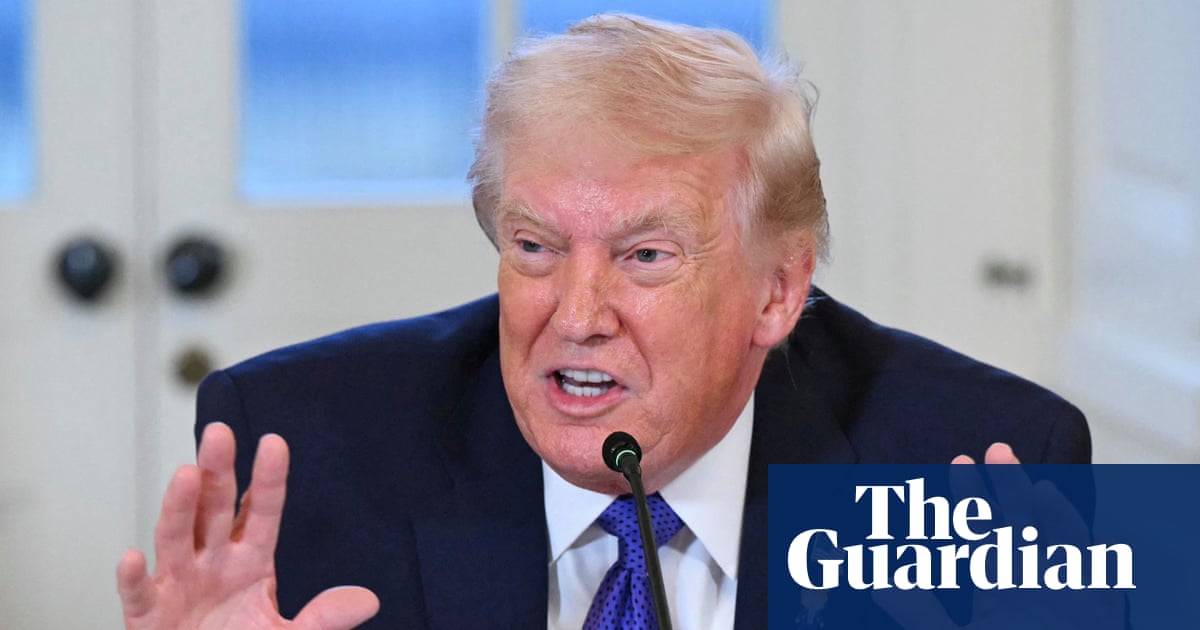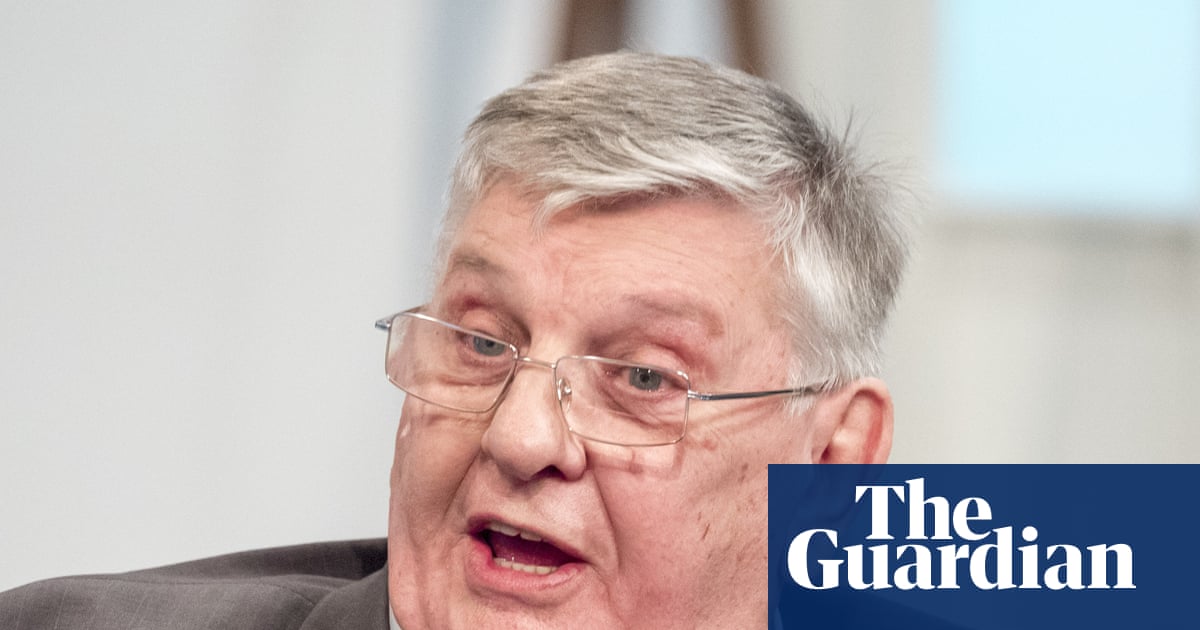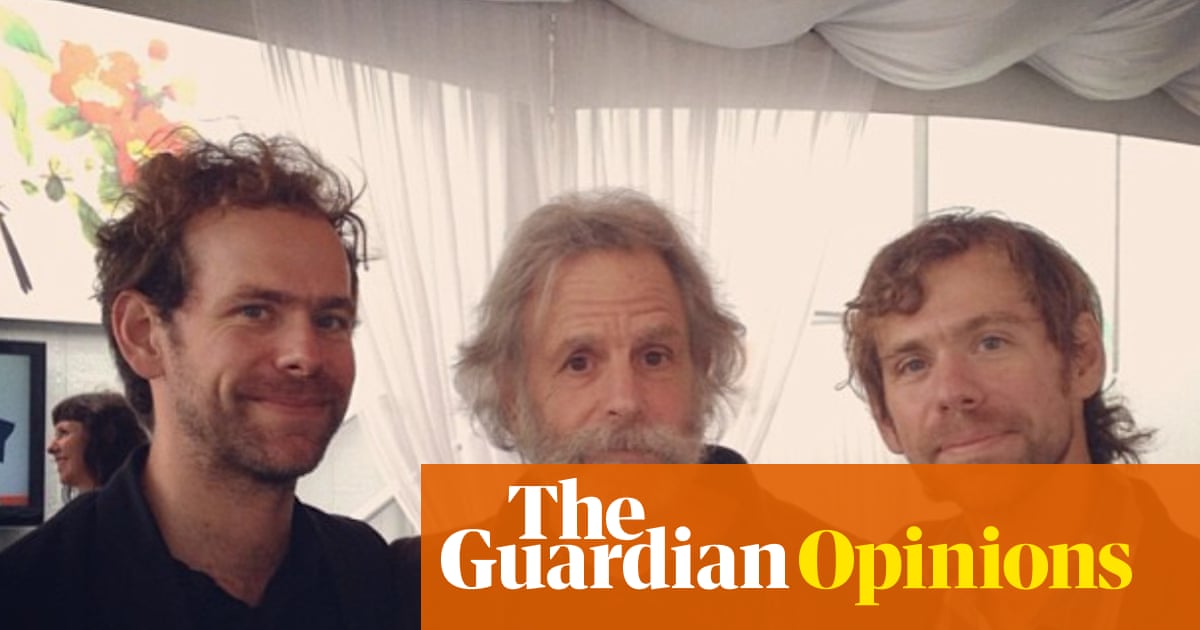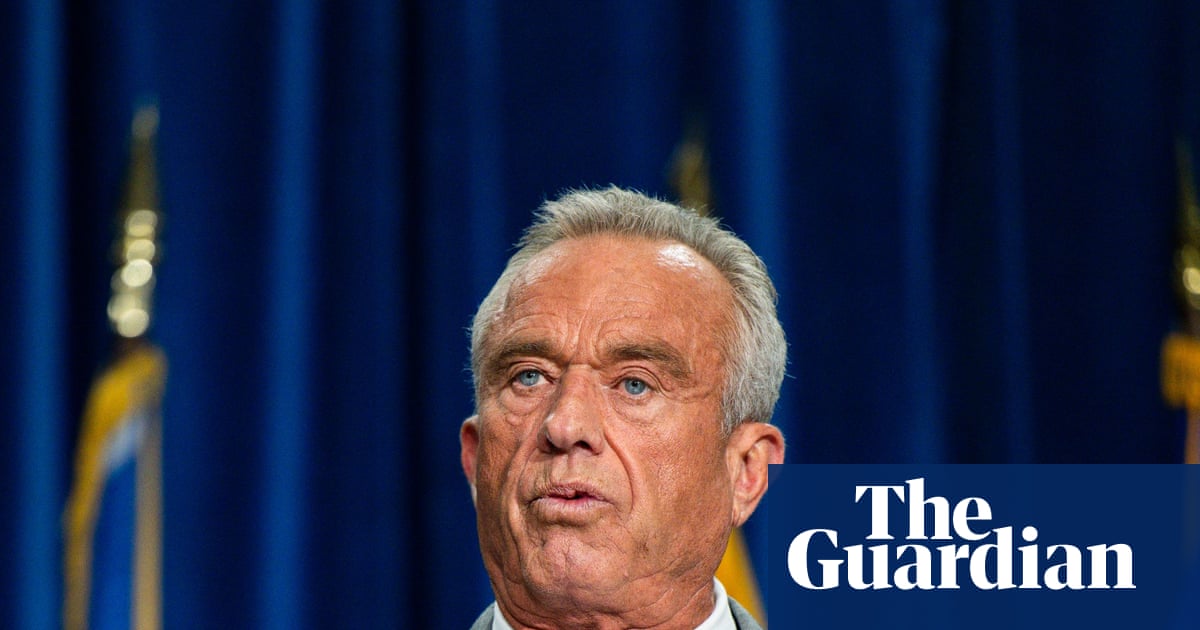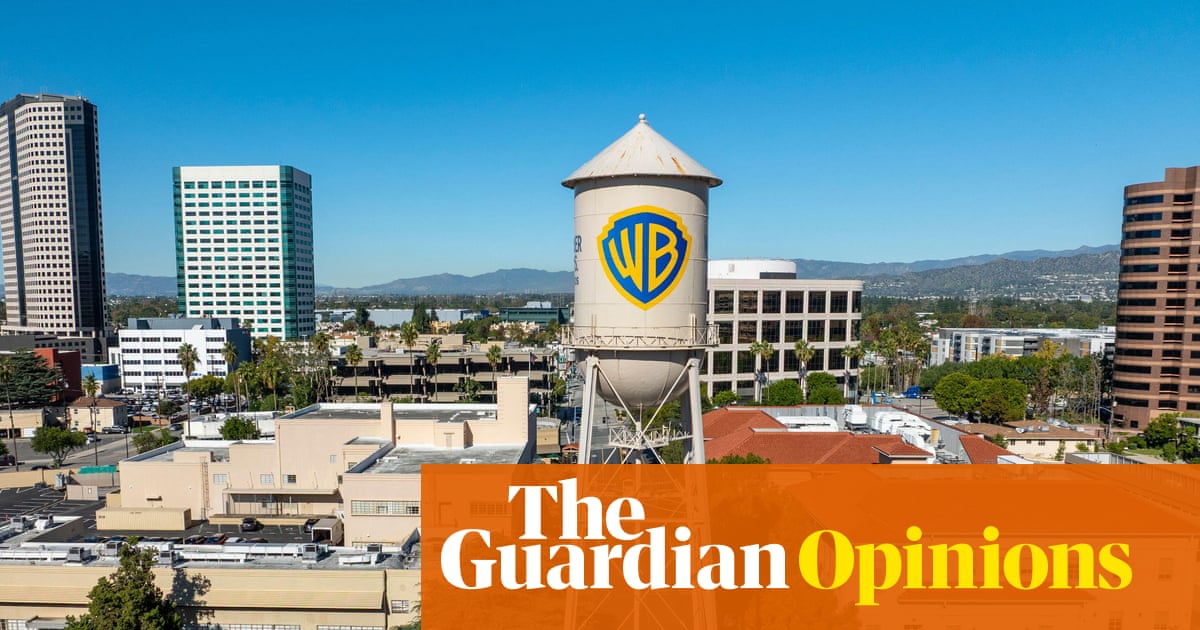Boris Johnson started the day with a jog. He had the kind of schedule that would be familiar to any occupant of Downing Street. From 8.44am, he talked with his aides, then chaired cabinet, ate lunch, prepped for prime minister’s questions, took a briefing on security threats, and got ready for an interview with one of Rupert Murdoch’s reporters.
The entry for 5.48pm in the official log for Tuesday 26 April 2022 contains one of several privileged interactions that he would later seek to exploit for financial gain. Johnson was in his office, the log notes, “alone texting MBS”.
Within two years, Johnson, by then out of office, would be trying to use the relationship he nurtured with Saudi Arabia’s Mohammed bin Salman, widely known by his initials, as part of an intercontinental campaign of self-enrichment.
Those widespread commercial activities, which raise questions about misuse of public funds and breaches of “revolving door” prohibitions on lobbying, have been exposed this week by the Guardian after a leak from Johnson’s private office.
The crown prince, heir to a fossil-fuel fortune that makes his family among the richest that has ever lived, had established himself as the all-powerful ruler of Saudi Arabia, and a player on the global stage.
Johnson had also spoken to Prince Mohammed on the phone for seven minutes shortly after 8pm the previous night, according to the logs seen by the Guardian.
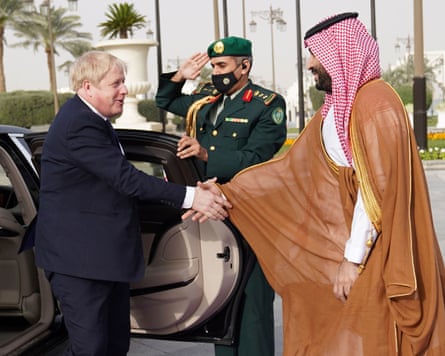
They discussed international developments, the war in Ukraine and “cooperation between their countries and ways to develop it”. Six advisers had been with Johnson on that call. Now it was just him and the crown prince, texting.
The moment captures the intimacy that can be shared by fellow holders of high office, two individuals with the power of nations at their disposal. Once their exchange was over, Johnson set off for an outing in the West End to catch Six the musical with his wife, Carrie.
We do not know what the prime minister and the autocrat were messaging about, although Johnson has spoken fondly of a man he calls a “changemaker”.
What we do now know is the contents of a letter addressed to Prince Mohammed that Johnson wrote two years later, in March 2024, after the collapse of his prime ministership. “I remain a fervent admirer of the vision you have for the kingdom of Saudi Arabia,” a draft of the letter reads.
The text appears beneath the letterhead of the Office of Boris Johnson, the private office that is part-subsidised by the taxpayer.
Johnson explains that he has taken up a business venture. “I would very much like to explore whether that company could be useful to you and the kingdom of Saudi Arabia in achieving your ambitions – because I believe it certainly could.”
The letter is in a cache of leaked documents obtained by Distributed Denial of Secrets, a US non-profit that archives data leaks.
The files shed new light on Johnson’s time in Downing Street, from secret meetings with tech and media executives to yet more details of possible Covid lockdown breaches.
But the revelations about his commercial activity, and numerous apparent breaches of ethics rules, could prove most difficult for Johnson. They tally with an apparent disdain for the ethical norms of public life observed by some of those who have worked with him at close quarters.
Max Hastings, his editor at the Daily Telegraph in the 1980s, has alleged Johnson “cares for no interest save his own fame and gratification”.
His supporters might point out he is not the first former prime minister to be criticised for the way he has sought to cash in after his time in office. It is perhaps telling that the others have also gone to the Gulf.
‘An unforgivable crime’
In his memoir, Unleashed, Johnson writes: “Tony Blair once told me that Mohammed bin Salman, the crown prince, was ‘the hope of the region’, and I can see why.”
The Saudi royal’s admirers call him a reformer. He is relaxing some of the most draconian restrictions on what women are permitted to do and opening the Islamic kingdom to outsiders. He has also proved a generous friend to veterans of Downing Street. The Tony Blair Institute receives Saudi funding and was awarded a contract, reportedly worth about £8m, to support Prince Mohammed’s agenda. During David Cameron’s time as a hired lobbyist for the soon-to-be-disgraced Australian financier Lex Greensill, the pair went camping with Prince Mohammed in the Saudi desert.
Both former PMs maintained their Saudi relationships after an incident in 2018 that, critics said, revealed the true face of the regime. Jamal Khashoggi, a dissident writer living in the US was lured to the Saudi embassy in Istanbul, murdered and dismembered. In 2021, US intelligence agencies concluded that Prince Mohammed “approved” the operation.
Johnson, in private at least, appeared to have been fully aware of the gravity of the Khashoggi episode. In April 2023, a year on from the evening he sat texting the crown prince, Johnson was asked about Khashoggi’s assassination during a private event in North Carolina, according to a transcript in the leaked data.
Johnson was by then out of Downing Street, but still an MP. He had already embarked on a global speaking tour that, the leaked files show, earned him more than £5m from 34 speeches, from Lagos to Singapore. He even provided the entertainment at a German businessman’s 50th birthday party.
At the North Carolina event his view of the Khashoggi was unvarnished. “I think that, first of all, nobody should minimise what happened to Jamal Khashoggi. I hope you heard me say that loud and clear. I’ve raised it with MBS, as you’d expect.” The killing of the journalist, Johnson said, was “clearly an unforgivable crime”.
Yet Johnson would soon be telling the crown prince of his “fervent” admiration. By the time Johnson resigned as an MP, he had already set up his private office. Like those of all former prime ministers, Johnson’s office can claim an allowance from the taxpayer of up to £115,000 a year. That money is strictly for use on public duties.
The leaked files raise questions about whether funds, which are used to pay the salaries of staff in the offices of former PMs, were misused in pursuit of profit. Johnson’s office employs three staff. All three, the leaked data suggests, have been involved in commercial activity.
It is perhaps unsurprising that Johnson would launch an intensive money-making operation. After the scandal over the Downing Street refurbishment (complete with “gold” wallpaper), one of Johnson’s No 10 aides was quoted as saying: “The bottom line is that he can’t afford to be prime minister.” For one thing, he has nine children to support, and remunerative projects, such as a long overdue book on Shakespeare, sometimes fail to materialise.
The leaked documents indicate that his part-time role at a company called Better Earth would be worth £120,000 a year as well as an initial 12.5% stake in the business. Founded by a Canadian mining investor, Better Earth’s shareholders include seven close associates and advisers to Johnson, including two former Conservative ministers and an aide he made a peer.
It was for Better Earth that Johnson penned the overtures to the Saudi crown prince in March 2024. The pitch: to assist with the greening of the foremost petrostate. “Although I now live a life of blameless rustic obscurity in Oxfordshire,” Johnson wrote, “I remain deeply committed to carbon reduction.”
It is not clear how the Saudis responded or how much money Johnson brought in. But this was not the only time he sought to trade on relationships nurtured in No 10.
“As you know,” he wrote in a draft letter to seek business from another senior figure in the Gulf he knew from his Downing Street years, “a key part of my legacy as prime minister of the United Kingdom was coalescing world leaders around a series of concrete commitments at the Cop26 climate summit in 2021.”
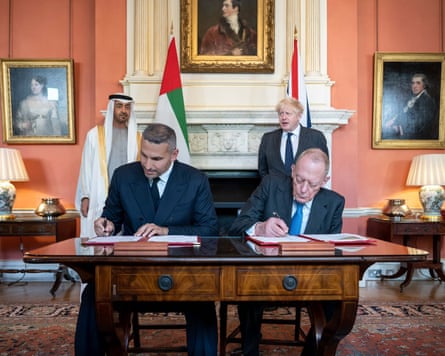
The files suggest Johnson and an aide had been offered stakes potentially worth millions in a “climate finance solutions” venture. Part of his job was to lobby the Abu Dhabi official who controls one of the emirate’s vast pots of oil wealth. Johnson’s partners in the firm, Bia Advisory, wanted more than $1bn of Abu Dhabi’s money to invest, the leaked files suggest. They did not respond to the Guardian’s questions about whether they got it.
But the documents appear to confirm that Johnson lobbied the official, Khaldoon al-Mubarak, best known in the UK as chair of Manchester City.
For the first two years after they leave office, former UK ministers are banned from using contacts gained in government for private benefit. However, Johnson had hosted Mubarak at least three times in Downing Street.
Johnson also appears to have broken the same rule during his Saudi venture. The Advisory Committee on Business Appointments (Acoba) is the “revolving door” watchdog responsible for monitoring the post-government careers of ex-ministers. He sought Acoba clearance for his role at Better Earth, seemingly without disclosing the Saudi angle. Acoba granted it, but with conditions. Until he had been out of office for two years, Johnson “should not become personally involved in lobbying contacts you developed during your time in office in other governments” to seek business. According to the leaked files, he already had.
No such restrictions on turning power into money constrain the sheikhs. “The Gulf is the one part of the world where kleptocracy is not just legal, but positively encouraged,” said Oliver Bullough, the author of Butler to the World, a book about how the UK serves the rich, powerful and corrupt. “It’s no wonder politicians flock there, though it would be nice if they didn’t.”
A meeting with Maduro
At first, when the Guardian contacted him to ask about the apparent misconduct revealed in the leaked files, Johnson was silent. After the first articles were published, senior politicians said the government should suspend Johnson’s access to the public duty costs allowance (PDCA), the funding intended to support an ex-PM’s public duties.
At that point, Johnson got in touch. “This story is rubbish,” he emailed. “The PDCA has been used entirely in accordance with the rules.” He added: “The Guardian should change its name to Pravda.”
But it is Johnson’s truthfulness that is, not for the first time, under scrutiny.
On 18 March 2024, the leaked files show, Johnson was sent a letter from Acoba officials. Newspapers had revealed that a hedge fund manager took Johnson with him to Caracas to meet Nicolás Maduro, the head of a Venezuelan regime notorious for corruption and brutalising opponents. The Acoba officials wanted to know whether this might have breached their rules.
“The meeting was unpaid,” Johnson told them in his reply. That seems to be contradicted by documents in the leaked files. One is a contract with Merlyn, the hedge fund on whose behalf Johnson met with Maduro – a leader he had once likened to a “dictator of an evil regime”. Another records Johnson’s office sending Merlyn an invoice, weeks before his letter to Acoba, for £240,000.
Rules such as Acoba’s have evolved as part of a system designed to preserve public faith that their elected representatives are acting in the common interest rather than their own. Sue Hawley of Spotlight on Corruption, a non-profit, says: “If you have people at the top of government displaying the sense that they don’t have to live by the rules ordinary people have to live by, that percolates down.”
A recent study by the Organisation for Economic Cooperation and Development asked: “If a politician was offered a well-paid job in the private sector in exchange for a political favour, how likely do you think it is that they would refuse it?” Unlikely, said two-thirds of Britons, the highest rate of any of the 30 rich countries surveyed. Hawley quotes an old proverb: “The fish rots from the head.”

 3 months ago
117
3 months ago
117


